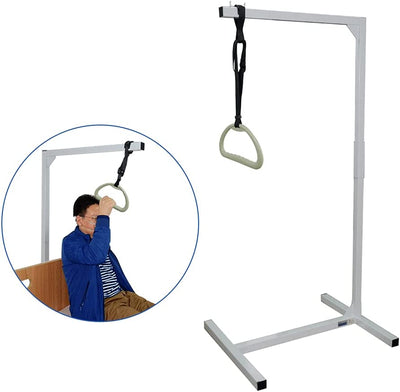How Can You Help Seniors Sleep Better Today?
It's no secret that seniors often have difficulty sleeping well. In fact, poor sleep is one of the most common health problems among older adults. But what can be done to help them get the rest they need?
Several things can be done to improve seniors' sleep, including making changes to their sleep environment, altering their bedtime routine, and using sleep aids. In this article, we'll discuss these and other tips for helping seniors sleep better.
Understanding Senior Sleep Needs
Just as the needs of young people vary, so do the sleep needs of seniors. Generally, people need around seven to eight hours of sleep per night, but this varies from person to person. Some seniors may need less sleep as they get older, while others may need more.
Seniors also tend to experience changes in their sleep patterns as they age. They may find it harder to fall asleep, wake up more often during the night, or not feel as rested after a night of sleep. This can be due to several factors, including changes in hormone levels, age-related changes in the body, and medications.
Common Senior Sleep Illnesses
There are several illnesses that can affect seniors' sleep. Some of the most common are:
- Sleep apnea: This is a condition that causes people to stop breathing for short periods during sleep. It can cause people to feel exhausted during the day and can lead to other health problems.
- Insomnia: This condition causes people to have trouble falling asleep, staying asleep, or getting quality sleep. It can lead to fatigue, irritability, and problems with focus and concentration.
- Restless leg syndrome: This condition causes people to feel an uncontrollable urge to move their legs, often accompanied by a tingling or prickling sensation. It can make it difficult to fall asleep and can cause people to wake up frequently during the night.
- Narcolepsy: This condition causes people to fall asleep suddenly and without warning. It can lead to excessive daytime sleepiness and problems with focus and concentration.
What Older Adults Can Do
There are a few things that older adults can do to help manage sleep problems:
- Get regular exercise: Exercise has been shown to help improve sleep quality. Try to get at least 30 minutes of exercise most days of the week.
- Avoid caffeine and alcohol: Both caffeine and alcohol can interfere with sleep. Try to avoid caffeine after lunchtime and avoid drinking alcohol before bed.
- Establish a regular sleep schedule: Go to bed and wake up at the same time each day. This can help regulate your body’s natural sleep rhythm.
- Avoid napping: Napping can make it harder to fall asleep at night. Try to avoid napping in the afternoon and evening.
- Use relaxation techniques: Techniques such as deep breathing and yoga can help promote relaxation and improve sleep quality.
- See a doctor if you have persistent sleep problems: If you have difficulty sleeping for more than a few weeks, it’s a good idea to see a doctor. They can help identify any underlying causes and recommend treatment options.
The Bottom Line
In conclusion, helping seniors sleep better can be done through various methods such as adjusting bedtime habits, providing a comfortable bed and bedroom, and providing relaxation techniques. Additionally, it is important to keep in mind that each senior is different and some may require more help than others. It is always best to consult with a healthcare professional to get the most personalized sleep advice for your loved one.
Whether you’re looking for bed steps for elderly, HearGlow has everything you need. We deliver internationally as well. Shop now.
Related Articles
Read more Bedroom Safety for Seniors articles.









